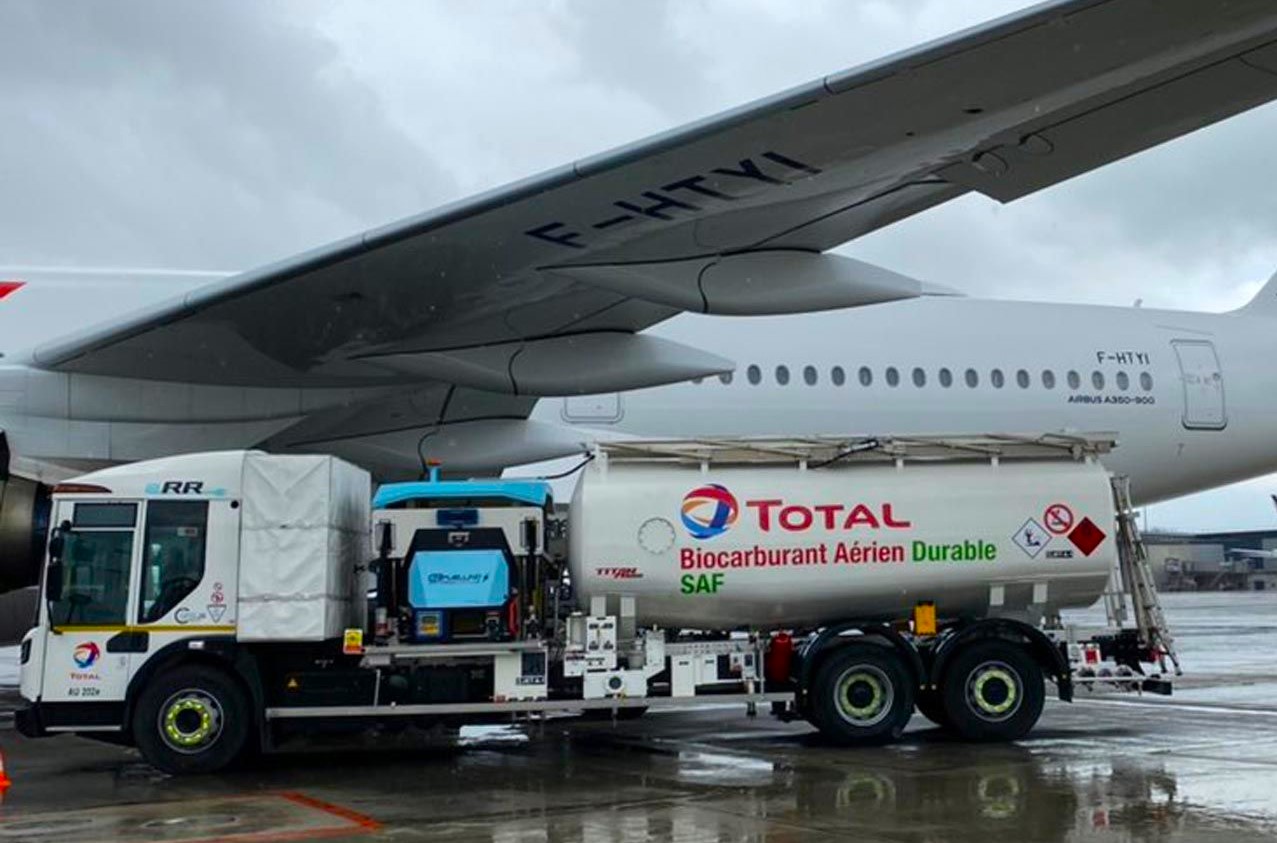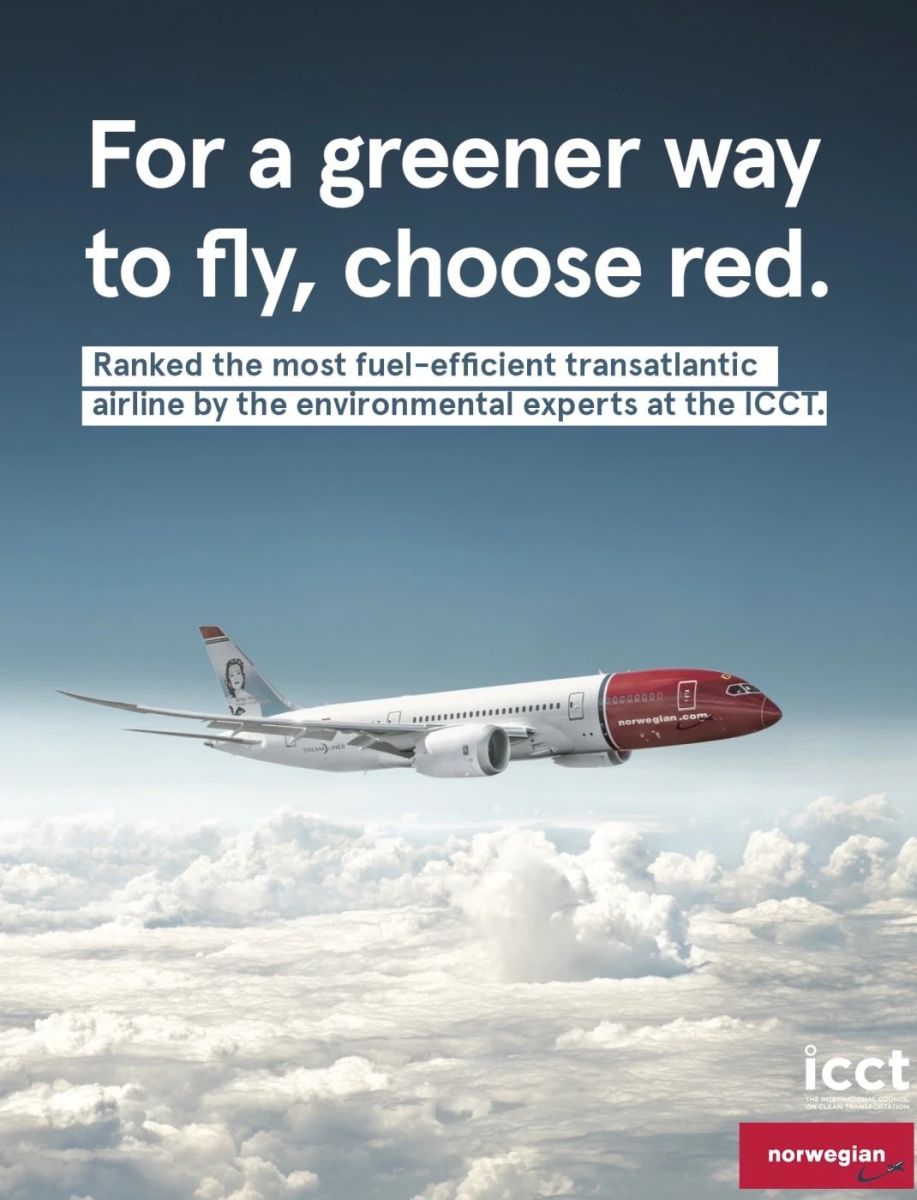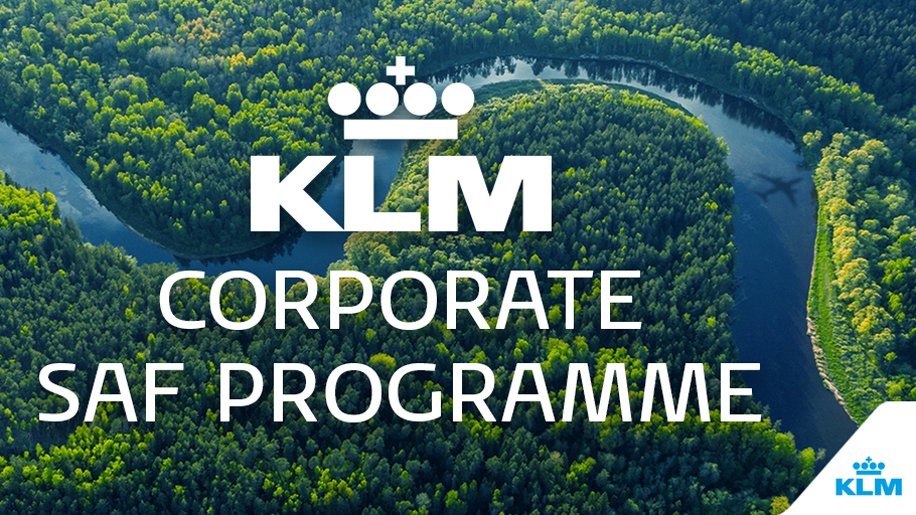


Twenty carriers including Air France, KLM, Norwegian, SAS and several Lufthansa Group airlines, are now being investigated by the European Union for potential greenwashing.
In this regard, the European Commission and the European Network of Consumer Protection Cooperation Authorities have sent letters to 20 airlines for greenwashing, its press release read,
Following an alert from the European Consumer Organisation (BEUC), the European Commission and EU consumer authorities (Network of Consumer Protection Cooperation - CPC - Authorities) sent letters to 20 airlines identifying several types of potentially misleading green claims and inviting them to bring their practices in line with EU consumer law within 30 days.

The EU has made it clear that carriers must make transparent to what extent claims about tackling aircraft CO2 emissions - whether by offsetting them with climate projects or using sustainable fuels - can be substantiated by sound scientific evidence.
As per Reuters, the Lufthansa Group airlines under investigation are Brussels Airlines, Lufthansa, SWISS, Austrian Airlines, Air Dolomiti and Eurowings, the group said, while a spokesperson for Air France-KLM confirmed the group was also part of the probe.
European Commission's press release further read,
The CPC network, led by the Belgian Directorate General for Economic Inspection, the Netherlands Authority for Consumers and Markets, the Norwegian Consumer Authority and the Spanish Directorate General of Consumer Affairs, focused on claims made by airlines that the CO2 emissions caused by a flight could be offset by climate projects or through the use of sustainable fuels, to which the consumers could contribute by paying additional fees.
Industry group Airlines for Europe (A4E) said in a statement that it recognised the importance of clear information about sustainability, but that current regulations in the EU "vary significantly between countries and are still evolving".
We recognise the importance of clear, transparent information about sustainability and our efforts towards achieving net zero carbon emissions.
We are concerned however about the remarks on Sustainable Aviation Fuel (SAF) and the requirement for a clear justification of their environmental impact. The EU has implemented an ambitious SAF mandate, supported and endorsed by the European Commission. SAF is defined under EU standards and EU law and science supports that this is a more sustainable alternative to regular jet fuel.

The European Commission and the CPC network, have identified several types of potentially misleading practices by 20 airlines, such as:
At this moment, it's not very clear, which other airlines are being investigated, as EC press release do not disclose the carrier details while investigations are at a preliminary stage.
Noteworthy is, the European Consumer Organisation (BEUC), which alerted the EU to the possible greenwashing, said it has mentioned following 17 airlines in its complaint: Air France, Austrian, Brussels Airlines, Eurowings, Finnair, KLM, Air Baltic, Air Dolomiti, Lufthansa, Norwegian, Ryanair, SAS, SWISS, TAP, Volotea, Vueling and Wizz Air.

The European Commission and CPC authorities invited the companies to provide a response within 30 days, outlining their proposed measures to address the concerns arising from their environmental marketing claims under EU consumer law.
After receiving replies from the companies, the European Commission will organise meetings with the CPC network and the airlines, to discuss the solutions proposed by the companies.
Furthermore, the Commission will monitor the implementation of the agreed-upon changes. If the airlines involved do not take the necessary steps to solve concerns raised in the letter, CPC authorities can decide to take further enforcement actions, including sanctions.
This action aims to ensure alignment of the commercial practices across the air travel sector with EU consumer legislation, by establishing the necessary substantiation and of communication of voluntary environmental claims.
You may like to read.....
